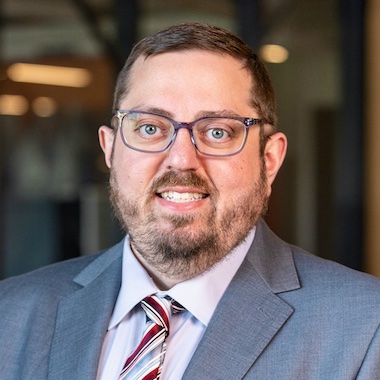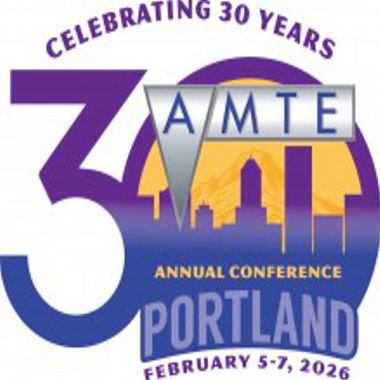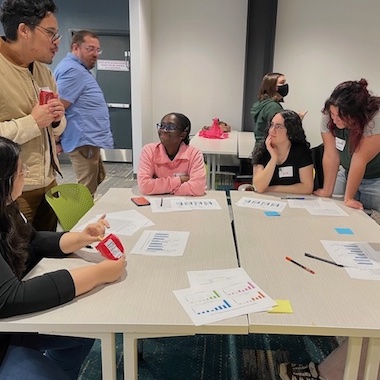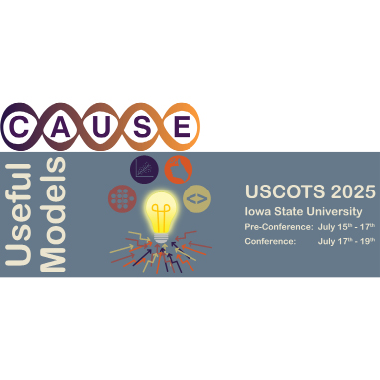PRIME Welcomes New Doctoral Students for Fall 2025
PRIME is excited to welcome the new cohort of mathematics education doctoral students who are starting their PhD journey this Fall, 2025. We have four incoming scholars, I Putu Ade “Andre” Payadnya, Sevda Sadik, Eunice Linah Tachie-Menson, and Linxuan “Elina” Yi. We invite you to learn a bit more about them from a short summary of their past academic journeys and present research interests in mathematics education research. We are also thrilled to announce that more detailed feature posts spotlighting them individually, will appear here throughout the Fall 2025 semester. Please stay tuned!
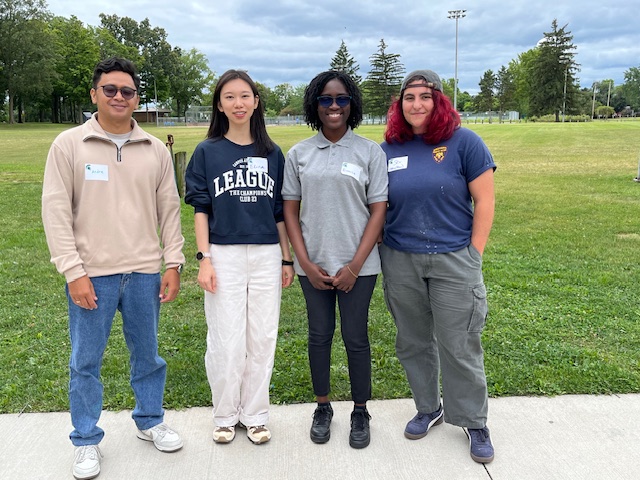
L to R: Andre Payadnya, Elina Yi, Eunice Tachie-Menson, Sevda Sadik
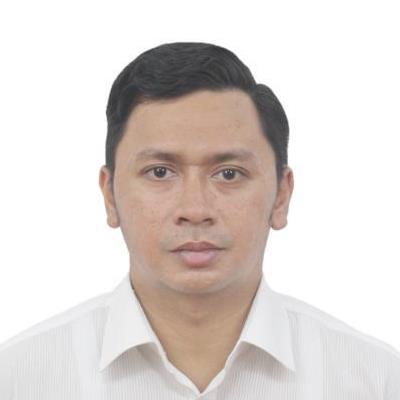 Coming from Indonesia, I Putu Ade "Andre" Payadnya is joining PRIME with a long academic, research, and teaching background in Mathematics
Education. A bachelor’s and a master’s degree holder in Mathematics Education from
Ganesha University of Education, Indonesia, Andre has been a university lecturer for
8 years and managed the position of the Head of the Education Development Department
at his university before joining us. His extensive past and current research experience
includes investigation of educational practices in designing new learning strategies
that could help students struggling with math concepts, and, assessment of assistive
technologies such as educational software and digital tools among others, for supporting
math learners. Andre was also a visiting scholar at Western Michigan University in
Fall 2021, so this is the second time he will be able to call the state of Michigan
“home”.
Coming from Indonesia, I Putu Ade "Andre" Payadnya is joining PRIME with a long academic, research, and teaching background in Mathematics
Education. A bachelor’s and a master’s degree holder in Mathematics Education from
Ganesha University of Education, Indonesia, Andre has been a university lecturer for
8 years and managed the position of the Head of the Education Development Department
at his university before joining us. His extensive past and current research experience
includes investigation of educational practices in designing new learning strategies
that could help students struggling with math concepts, and, assessment of assistive
technologies such as educational software and digital tools among others, for supporting
math learners. Andre was also a visiting scholar at Western Michigan University in
Fall 2021, so this is the second time he will be able to call the state of Michigan
“home”.
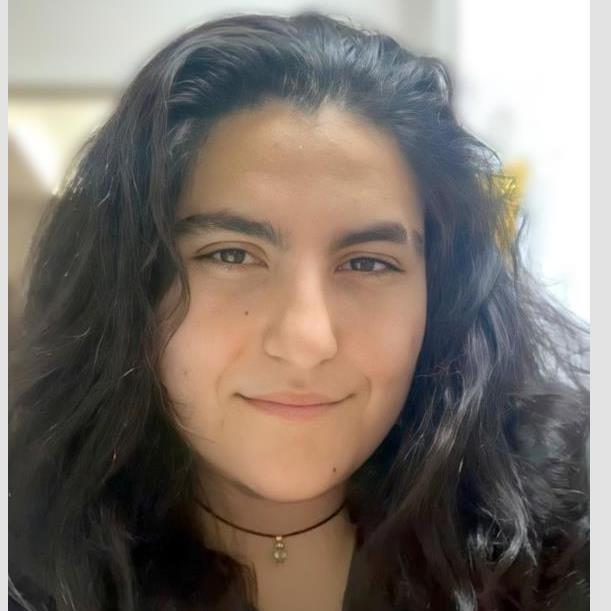 Sevda Sadik holds both a bachelor’s degree (Mathematics, Secondary Education) and a master’s
degree (Integrative STEM Education) from The College of New Jersey, with also a Supervisor
Certificate from Monmouth University. Sevda’s teaching experience includes being a
middle school math teacher for a couple of years, and most recently, holding the position
of an adjunct professor at 3 institutions in New Jersey. They are interested in exploring
questions and issues around students’ use of mathematics in making sense of societal
issues, how to better prepare educators to engage with and create cross-curricular
learning opportunities to build technological and mathematical literacy, and how to
help teachers integrate design thinking into their everyday practices.
Sevda Sadik holds both a bachelor’s degree (Mathematics, Secondary Education) and a master’s
degree (Integrative STEM Education) from The College of New Jersey, with also a Supervisor
Certificate from Monmouth University. Sevda’s teaching experience includes being a
middle school math teacher for a couple of years, and most recently, holding the position
of an adjunct professor at 3 institutions in New Jersey. They are interested in exploring
questions and issues around students’ use of mathematics in making sense of societal
issues, how to better prepare educators to engage with and create cross-curricular
learning opportunities to build technological and mathematical literacy, and how to
help teachers integrate design thinking into their everyday practices.
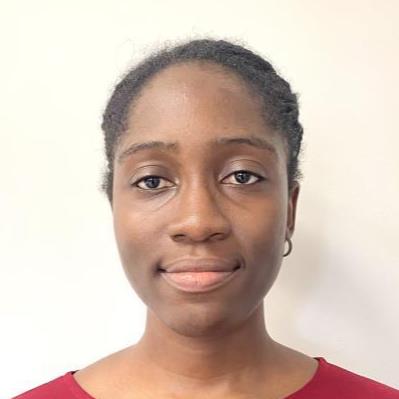 A bachelor’s degree holder in Electronics and Electrical Engineering from her country,
Ghana, Eunice Linah Tachie-Menson chose to pursue a doctoral degree in mathematics education at PRIME after serving
as a teaching assistant supporting core math courses for engineering students at Ashesi
University for two years after her undergraduate studies. Through this teaching experience,
she became deeply interested in researching the teaching and learning of mathematics.
She is particularly interested in teaching college-level mathematics and conducting
research on undergraduate mathematics teaching and learning. Eunice most recently
worked as a research assistant at Ashesi University, where her focus was on exploring
authentic assessment and project-based learning approaches through a Scholarship of
Teaching and Learning (SoTL) project.
A bachelor’s degree holder in Electronics and Electrical Engineering from her country,
Ghana, Eunice Linah Tachie-Menson chose to pursue a doctoral degree in mathematics education at PRIME after serving
as a teaching assistant supporting core math courses for engineering students at Ashesi
University for two years after her undergraduate studies. Through this teaching experience,
she became deeply interested in researching the teaching and learning of mathematics.
She is particularly interested in teaching college-level mathematics and conducting
research on undergraduate mathematics teaching and learning. Eunice most recently
worked as a research assistant at Ashesi University, where her focus was on exploring
authentic assessment and project-based learning approaches through a Scholarship of
Teaching and Learning (SoTL) project.
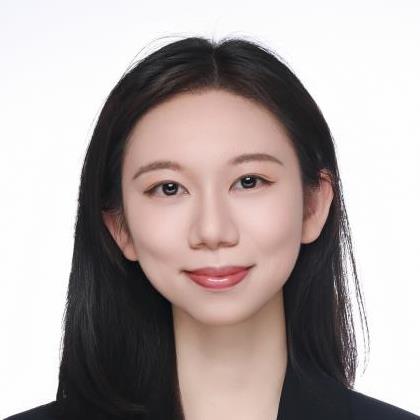 Linxuan “Elina” Yi joins us from China, where she earned a master’s degree in Curriculum and Teaching
Methodology and a bachelor’s degree in Mathematics and Applied Mathematics (Teacher
Education). Elina has teaching experience as an intern secondary mathematics teacher,
and as a mathematics tutor to both secondary and elementary level students. In PRIME,
she wants to pursue her research on understanding the scaffolding of individual differences
in mathematical thinking, particularly in fostering cognitive flexibility while respecting
students’ unique cognitive patterns.
Linxuan “Elina” Yi joins us from China, where she earned a master’s degree in Curriculum and Teaching
Methodology and a bachelor’s degree in Mathematics and Applied Mathematics (Teacher
Education). Elina has teaching experience as an intern secondary mathematics teacher,
and as a mathematics tutor to both secondary and elementary level students. In PRIME,
she wants to pursue her research on understanding the scaffolding of individual differences
in mathematical thinking, particularly in fostering cognitive flexibility while respecting
students’ unique cognitive patterns.
We welcome the new mathematics education doctoral students to our PRIME family and look forward to their critical and enlightening contributions to the ongoing pursuits in mathematics education, unfolding in a complex world of tomorrow. We are sure that their varied and rich research and teaching insights will have an immensely positive impact on mathematics education both in the US and globally.
